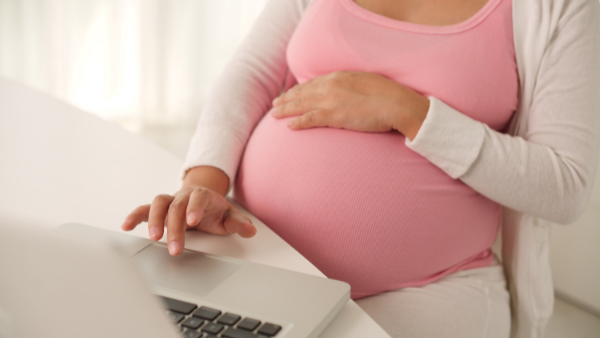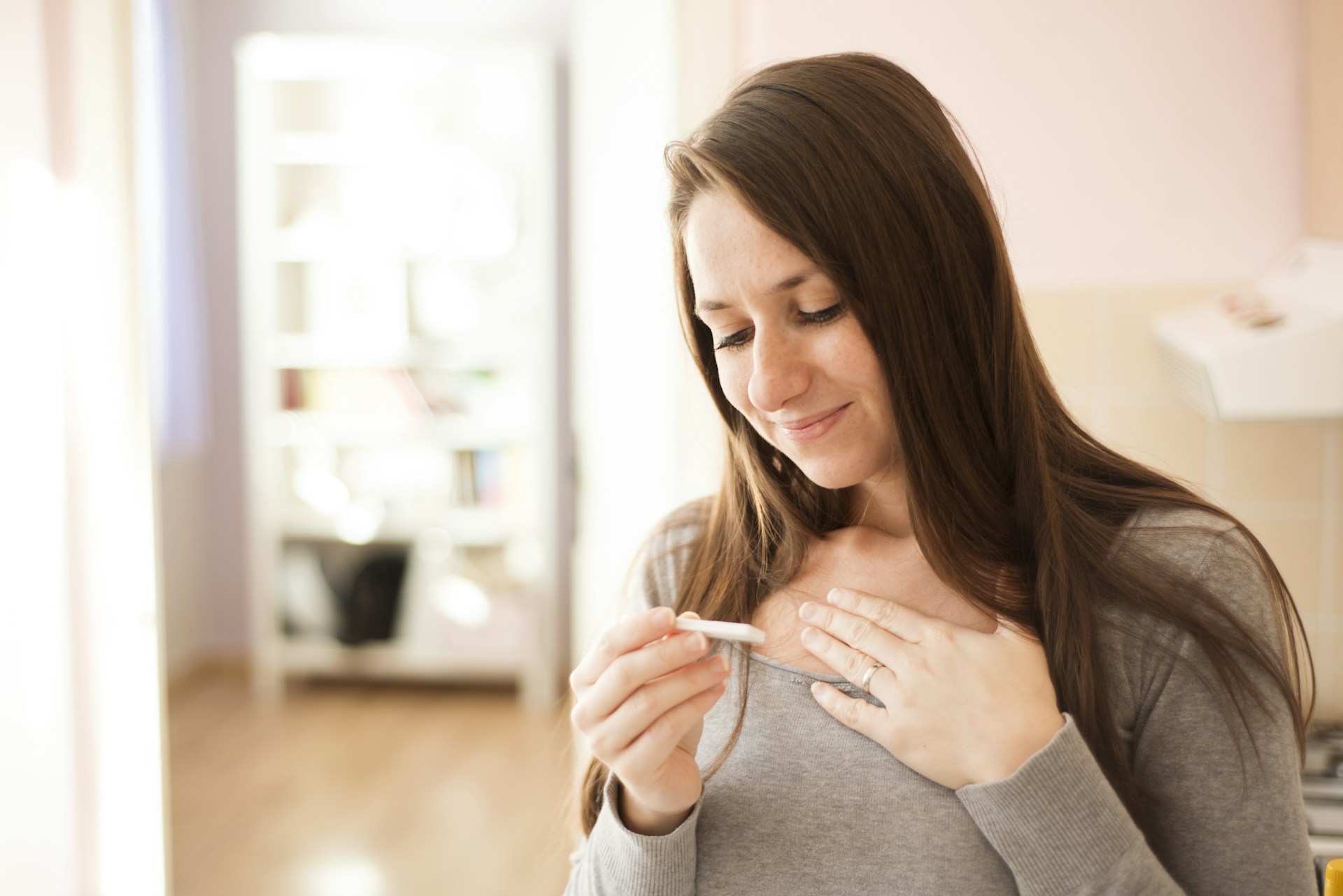
Approximately 1 in 8 couples experience infertility. Unfortunately, for many couples, the cause of their infertility is a mystery.
Since many factors can cause infertility, it’s often a lengthy and challenging process to uncover the real cause of the condition.
While treatment is available for those who have a medical condition, sometimes changing your lifestyle can significantly increase your chances of getting pregnant.
Here are some lifestyle factors you want to avoid and implement if you are trying to get pregnant.
Maintain a healthy body weight
Being overweight or underweight can hinder your chances of getting pregnant. This is because too much or too little body fat disrupts hormone production, which affects the menstrual cycle.
>>MORE: Demystifying Menstruation: What Is Your Period Trying to Tell You?
For example, too much body fat causes the body to produce excess estrogen, inhibiting ovulation. Furthermore, even if fertilization does occur, embryo implantation is highly unlikely.
On the other hand, being underweight can cause the body to produce too little progesterone and high cortisol levels, either of which could impair ovulation and implantation.
There's no one weight that will make you fertility, but becoming a healthy weight for your body may help regulate your cycle and therefore your fertility.
Stop smoking and reduce drinking
Smoking affects fertility in many ways. Smoking can damage the genetic material in both eggs and sperm, increasing your chances of a miscarriage. In addition, it can disrupt hormone production, which inhibits ovulation. Smoking also creates an unhealthy environment inside the uterus.
Aside from fertility, smoking is hazardous to your overall health. Eliminating this unhealthy habit can prevent diseases, increase your chances of getting pregnant, and keep your baby healthy.
On a similar note, drinking is not recommended. For men, alcohol can reduce testosterone levels, decrease libido, and cause impotence. For women, alcohol can increase the time it takes to get pregnant and reduce the chances of having a healthy baby.
And while there is conflicting research on how much alcohol is healthy to consume, some doctors and experts suggest women eliminate it while trying to conceive.
>>MORE: Alcohol and Fertility: What's the Link?
Nutrition and physical activity
There is a lot of debate about how much nutrition and physical activity impact your fertility. However, data suggests that both factors can are crucial overall wellness and well-being.
It’s important to note that there is no perfect fertility diet. Instead, experts recommend focusing on whole foods, lean protein, and healthy fats to get all your daily nutrients and maintain a healthy physique.
>>MORE: Learn about the connection between food and fertility.
There's also no perfect workout routine for fertility. However, getting moderate movement in — not too vigorous — can help boost your fertility and your overall health.
Takeaway
While changing your lifestyle doesn't guarantee fertility, these factors can have an impact on your ability to get pregnant and even lead to infertility. If you're looking to take charge of your reproductive health, shifting your focus to these main areas may provide some clarity and control.
About the author
Sources
About the Oova Blog:
Our content is developed with a commitment to high editorial standards and reliability. We prioritize referencing reputable sources and sharing where our insights come from. The Oova Blog is intended for informational purposes only and is never a substitute for professional medical advice. Always consult a healthcare provider before making any health decisions.



